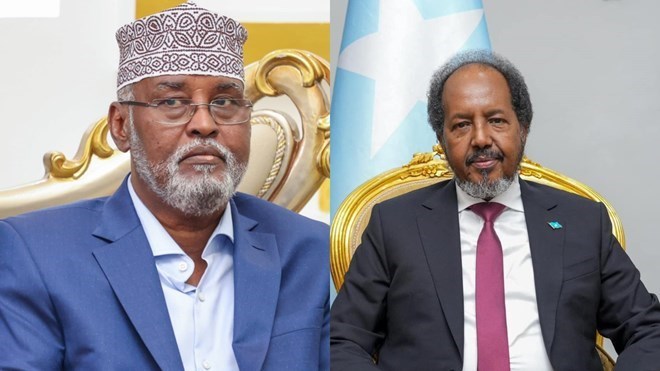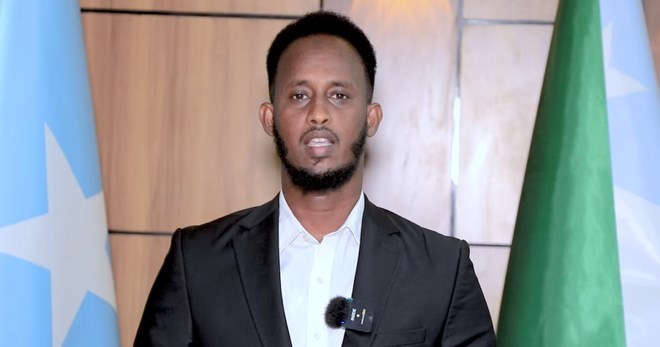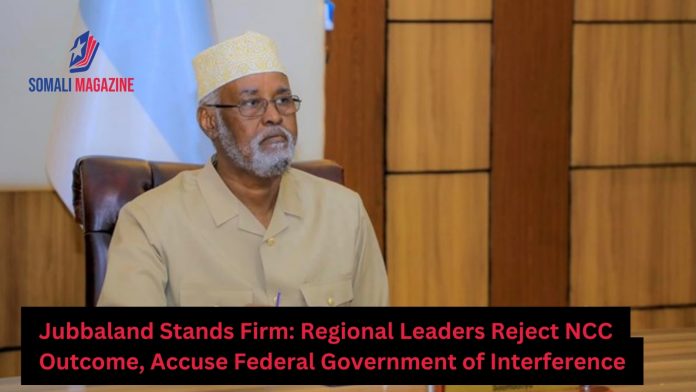Facebook Twitter (X) Instagram Somali Magazine - People's Magazine
Jubbaland has strongly rejected the outcome of Somalia’s National Consultative Council (NCC) meeting, accusing the federal government of political interference and attempting to undermine its leadership. The regional administration, led by President Ahmed Mohamed Islam Madobe, dismissed the NCC’s final communique, arguing that it failed to address the political realities in Jubbaland and amounted to an overreach by Mogadishu.
The NCC meeting, which concluded in Mogadishu on May 8, 2025, brought together leaders from several federal member states to discuss governance, security, and electoral reforms. However, Jubbaland and Puntland boycotted the talks, citing concerns over federal overreach and unilateral decision-making. Jubbaland Information Minister Abdifitah Mohamed Mukhtaar issued a statement rejecting the NCC’s recommendations, stating that they “add nothing new and do not change the situation in Jubbaland.”

One of the most contentious points in the NCC’s final communique was its call for the Federal Ministry of Interior to draft a legal framework addressing what it described as the “situation in Jubbaland.” Regional leaders and lawmakers in Kismayo viewed this move as a veiled attempt to replace the current administration, further deepening tensions between Jubbaland and the federal government. Somali MP Abdiladif Sanyare warned that the federal government was orchestrating a “political invasion” of Jubbaland, accusing it of deviating from the principles of federalism and threatening Somalia’s unity.
Jubbaland has long accused the federal government of sidelining regional administrations and failing to respect their autonomy. The state previously suspended cooperation with Mogadishu, citing unilateral decision-making and a lack of consultation with federal member states. President Madobe, who refused to attend the NCC meeting, reiterated his stance that any decisions made by the federal government in his absence would be considered illegitimate and would not impact Jubbaland’s governance.
The latest developments highlight ongoing tensions over constitutional authority, electoral processes, and state legitimacy ahead of Somalia’s 2026 elections. Jubbaland’s rejection of the NCC’s outcome signals a widening rift between Mogadishu and regional administrations, raising concerns about the future of Somalia’s federal system.

Political analysts warn that the standoff between Jubbaland and the federal government could further complicate Somalia’s efforts to implement electoral reforms and stabilize governance. The NCC’s push for a legal framework addressing Jubbaland’s status may escalate political disputes, potentially leading to further fragmentation within Somalia’s federal structure.
As Somalia navigates these challenges, the focus remains on whether the federal government and regional administrations can find common ground to ensure a unified approach to governance. The coming months will be critical in determining whether dialogue can bridge the growing divide or whether political tensions will continue to escalate.

